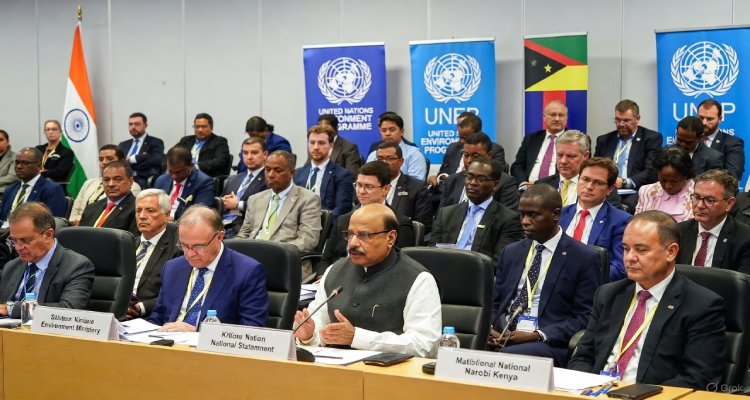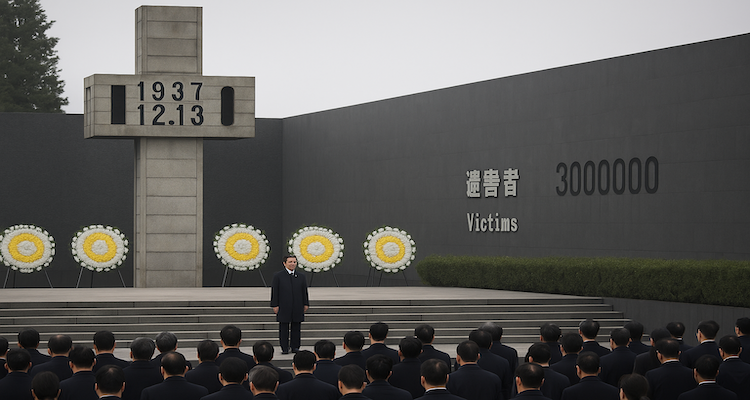Balochistan’s First Hindu Woman Officer Breaks Barriers at 25
At 25, Kashish Chaudhary becomes Balochistan’s first Hindu woman Assistant Commissioner, reshaping public service and inspiring minorities.
Rising Above Boundaries: Kashish Chaudhary’s Bold Step Into Pakistan’s Civil Service
In a country where faith and gender too often define one’s destiny, a 25-year-old woman from a remote desert town in Balochistan is rewriting the narrative. Kashish Chaudhary, a Hindu by faith and a dreamer by nature, has etched her name into Pakistan’s history as the first Hindu woman to be appointed Assistant Commissioner in Balochistan.
Hailing from Noshki in the sparsely populated Chagai district, Kashish’s achievement is a landmark moment for both her province and her community. Her success in the Balochistan Public Service Commission (BPSC) exam is more than a personal milestone—it’s a testament to grit, resilience, and the power of education to transcend socio-political ceilings.
A Daughter’s Dream, A Father’s Pride
When Kashish and her father, Girdhari Lal, made the journey to Quetta to meet Balochistan Chief Minister Sarfaraz Bugti, it was more than a formal visit—it was symbolic of a journey that defied expectations. Lal, a modest merchant who watched his daughter break barriers he never imagined facing himself, spoke with emotion that needed no embellishment.
“She always said she wanted to do something meaningful for her community,” he shared, visibly moved. “Watching her reach this level through sheer determination fills me with immense pride.”
For many young women in Balochistan—especially those from minority backgrounds—such aspirations often dissolve in the face of tradition, limited access to education, or societal constraints. Kashish’s story, however, turns that narrative on its head.
Official Recognition: Leadership Beyond Labels
Chief Minister Sarfaraz Bugti didn’t hold back in his praise. “Kashish is a source of pride for not just minorities, but for all of Balochistan,” he remarked. “Her appointment showcases what’s possible when merit is prioritized.”
His comments reflect a broader effort by the province to diversify leadership and make government institutions more representative. Though progress remains slow, figures like Kashish signify a new generation of leadership rooted in purpose rather than privilege.
A Growing Movement Among Hindu Women
Kashish isn’t an outlier—she’s part of a quiet, transformative wave of Hindu women entering public roles across Pakistan. In 2022, Manesh Ropeta became the first Hindu woman to serve as a Superintendent of Police in Karachi. Another trailblazer, Pushpa Kumari Kohli, rose through the ranks to become a sub-inspector in Sindh after clearing her public service exam.
Each success story is an anomaly—yet together they point to a pattern of determination against long odds. These women are reclaiming public space in a system that historically sidelined their voices.
The Role of Education: A Bridge Toward Equality
For Pakistan’s Hindu community—estimated at 7.5 to 9 million and largely concentrated in Sindh—education remains the most effective tool for advancement. But barriers still persist.
Dr. Ramesh Kumar Vankwani, a Hindu lawmaker and minority rights advocate, has long underscored the urgent need for better educational infrastructure in Hindu-majority areas. “Education is how we protect our daughters and empower our communities,” he recently said. “It’s the clearest path to social mobility.”
In regions like Sindh, reports of forced conversions and early marriages plague the Hindu minority. Education offers a line of defense—a chance for girls to become leaders rather than victims.
A Legacy in the Making
Kashish Chaudhary’s rise is more than a breakthrough for one individual—it’s a beacon for many. Her story resonates far beyond the arid plains of Balochistan, echoing in the hearts of girls from underserved communities across Pakistan who now see her journey as a roadmap.
She enters office with a mission to uplift marginalized voices and build equitable systems—a mission rooted in both personal history and public responsibility. Her seat in government may not erase generations of exclusion, but it opens the door for those who will follow.
The Road Ahead: From Symbolism to Systemic Change
As the nation looks toward a future where inclusion isn’t an exception but a norm, leaders like Kashish are crucial. Her presence in Pakistan’s administrative system challenges long-held biases and reminds us that leadership has no religious or gender boundaries—only qualifications and intent.
For the millions watching her story unfold, Kashish’s appointment represents more than representation—it represents possibility.
Conclusion:
Kashish Chaudhary’s journey from a remote town in Balochistan to a role of civic leadership stands as a remarkable testament to the transformative power of education, perseverance, and inclusive opportunity. Her story is not just about breaking barriers—it’s about building new bridges for future generations. In a nation grappling with complex identities and systemic inequalities, her rise is a powerful call to reimagine what’s possible when we let merit lead the way.
Disclaimer:
This article is a reimagined journalistic feature based on publicly available sources and news inputs. It is created for informational and storytelling purposes and does not represent personal or institutional endorsements.
source : The Economic Times











